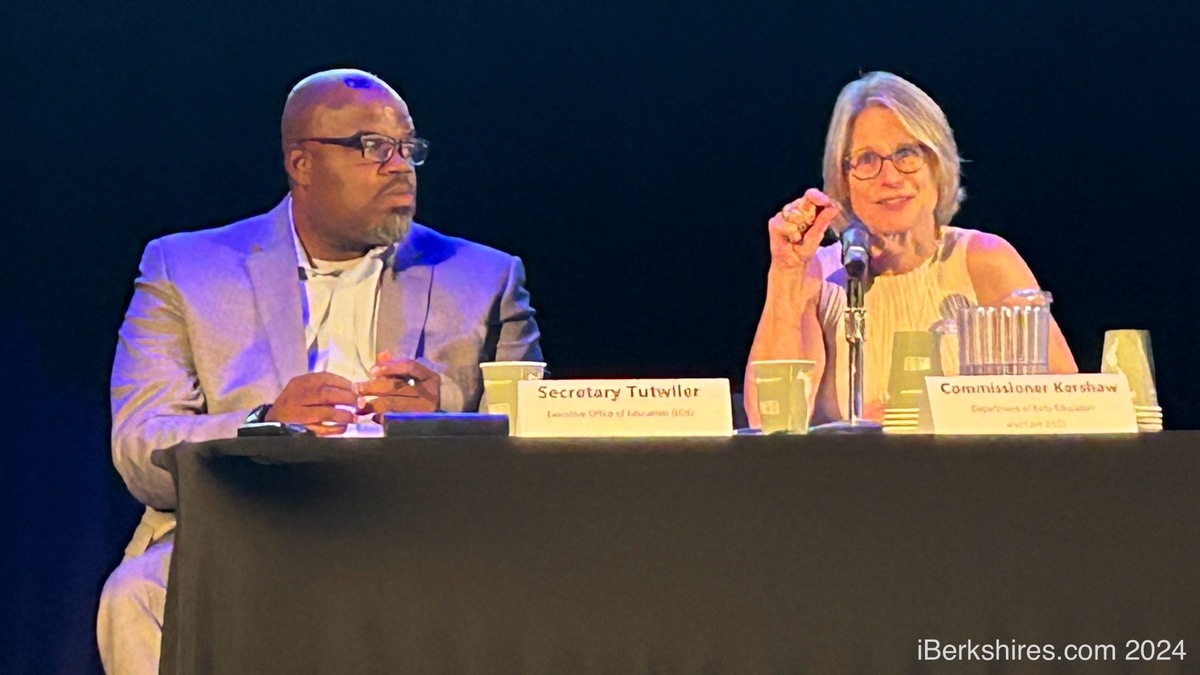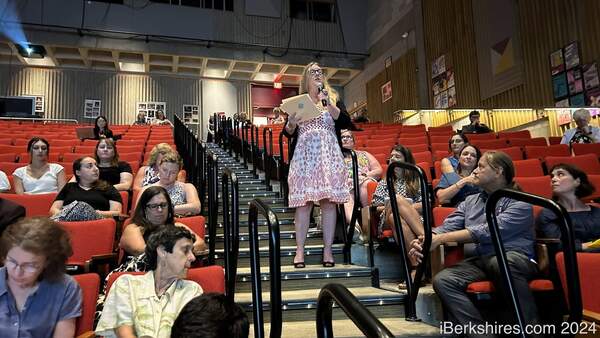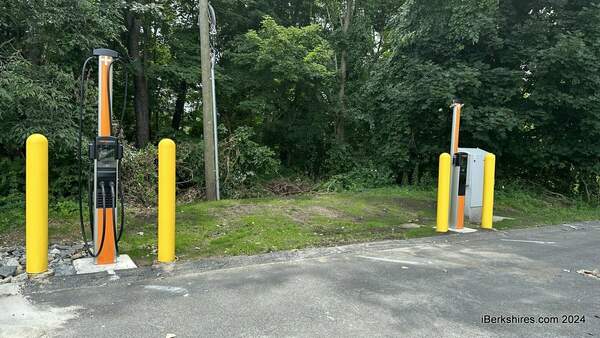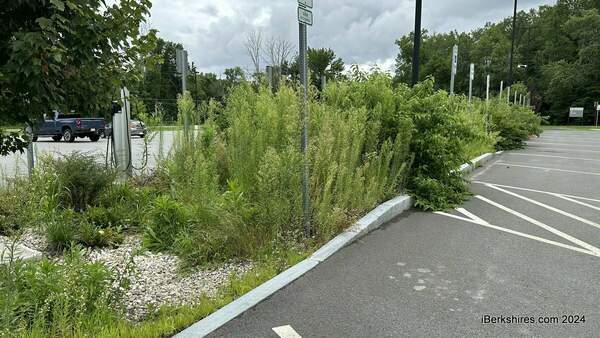National Grid Encourages Customers To Be Energy Efficient
WALTHAM, Mass. - This summer, National Grid is encouraging customers to utilize energy efficiency tips and
assistance options to help them stay safe and save money on their energy bills.
"As summer continues to bring the heat and customers use more electricity to cool their homes, National Grid is proud to continue our Customer Savings Initiative to help customers save energy, save money, and secure available energy assistance," said Helen Burt, Chief Customer Officer, National Grid U.S. "Just like the colder months of the year, summer can bring challenges with comfort, safety, and energy usage. We want customers to know that no matter the season, we are here to help with a variety of available options."
Energy Efficiency Tips and Tricks
Simple energy efficiency tips and tricks can help customers reduce energy usage. Closing window drapes and blinds during the day can block the sun's light and heat into your home. Running fans and air conditioning create a windchill effect by distributing and circulating cold air throughout a room, allowing customers to turn up their thermostats. Changing or cleaning the reusable filter in the air conditioner can improve airflow and efficiency.
National Grid recommends the following actions to make your home more energy efficient:
-
Have the central air conditioner serviced. Customers should have their central air conditioning systems proactively serviced and cleaned. Professionals will examine the air conditioning unit to ensure the system is working at peak efficiency.
-
Replace your air filter. Dirty air filters on air conditioning systems can reduce airflow to a home's ventilation system. Changing the filter as directed by the manufacturer permits air to flow freely and helps the air conditioning run more efficiently.
-
Vacuum air intake vents and keep them clear. Dust can build up on the air vent, and a couple of minutes with a vacuum can keep the airflow moving. Move toys, furniture, and other objects away from the intake vent to keep air moving.
-
Consider rearranging furniture near your thermostat or room air conditioner. Lamps and televisions radiate heat, and if they are too close to the thermostat, they cause air conditioning to run more and longer than necessary to cool a room.
-
Replace incandescent light bulbs with LED bulbs. Incandescent light bulbs are inefficient and emit more heat than LED bulbs. According to the U.S. Department of Energy, LED bulbs use at least 75 percent less energy and last up to 25 times longer than incandescent lighting.
-
Turn off lights when they are not in use. Turning off unused lighting can help save money by reducing electricity usage and extending the life of light bulbs.
-
Consider installing a programmable or smart thermostat. Programmable thermostats allow air conditioning to run on a schedule. Smart thermostats can control a home's temperature from a mobile device or computer. Preset a schedule, adjust temperatures remotely, and take full control of cooling. Smart thermostats could lower energy bills by up to $180 a year. Customers with smart thermostats can also sign up for the ConnectedSolutions Program and earn incentives for adjusting usage during peak weather events.
-
Prep for any planned time away from home. If there's a road trip or beach vacation on the calendar, take extra steps, such as turning up the thermostat to keep your air conditioning from running while no one is home. Unplug electronics with remote control or "instant on" features and save $4 monthly.
When the Heat Arrives
-
Turn up the temperature on the thermostat. The lower the air conditioning temperature, the more costly it is. Setting the air conditioning to a 75-degree setting costs about 18 percent more than a 78-degree setting.
-
Run fans with air conditioning. Oscillating or box fans near air conditioning vents create an airflow like winter windchills, circulating cold air throughout the room.
-
Close window coverings. Ambient sunlight can heat a room. Draw curtains and blinds to reduce the heat and keep the air conditioning from running more than needed.
-
Think twice before starting the oven. Conventional and convection ovens can add unnecessary heat to the home and force the air conditioner to run unnecessarily. Keep the heat outside by using a grill, or if that's not an option, consider using a microwave or slow cooker to do the job.
-
Know the signs of heat-related illness. Heavy sweating, muscle cramps, and a fast pulse aren't just signs of being warm. They are symptoms of heat-related illnesses like heat exhaustion or heat stroke. Know the signs and pay extra attention to children, seniors, and other vulnerable groups when the temperature and humidity rise.
In addition to energy efficiency tips, National Grid customers can take advantage of several bill help options and payment plans available for customers needing assistance through the company's Customer Savings Initiative. National Grid encourages customers to enroll in the Budget Billing Plan, which spreads monthly payments out more evenly throughout the year to offset high energy usage periods. Additional payment options, ways to manage energy bills,
and methods to control energy usage are also available, and we encourage our Massachusetts customers to learn more about how by visiting
ngrid.com/heretohelp.
















